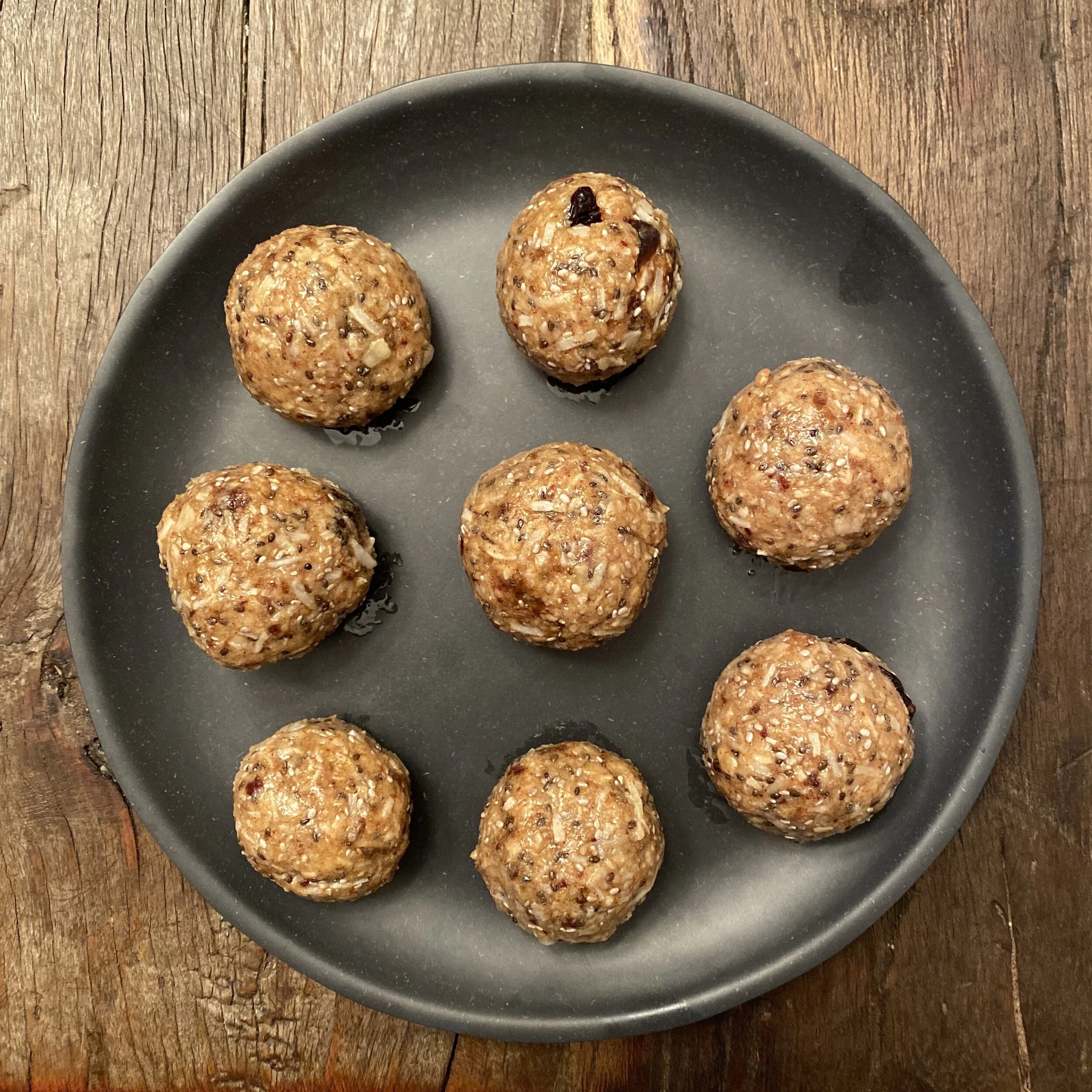The term "leaky gut" has been thrown around a lot lately.
Do you think you may have one? How do you know? And if you do, what can you do about it?
Leaky gut can be linked to many different conditions; especially ones related to the gut and chronic inflammation. While there may not be one definitive test to diagnose a leaky gut just yet, there are some known dietary and lifestyle factors that can make it better or worse.
In this week’s blog post, I’ll dive into those factors right after telling you a bit about what it is, how it occurs, and what some of the common symptoms are.
Plus, you’re in for a treat this week. I’m also sharing one of my favourite chicken broth recipes that is slow-cooked and oh so comforting!
Read More
















